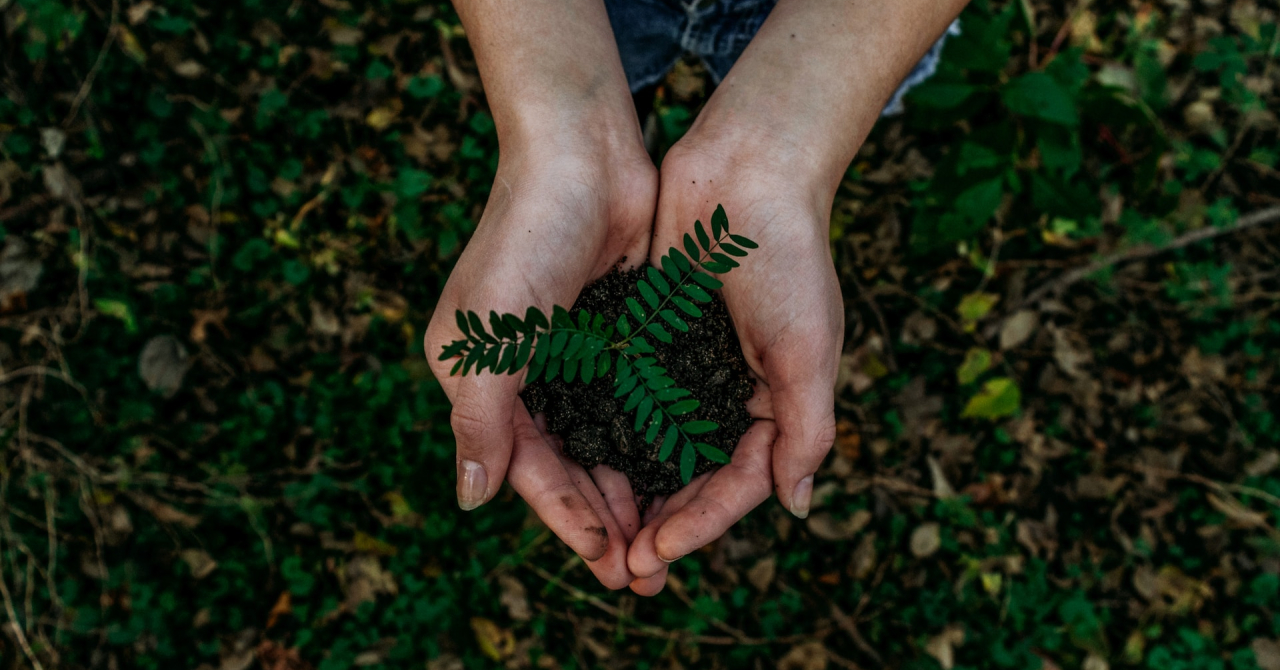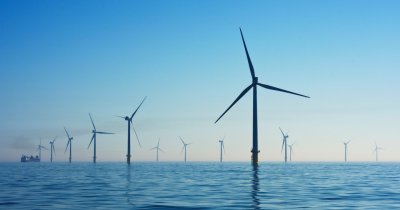Miriam Thiemann is an expert working at the European Environmental Bureau and she presented the risks of greenwashing and what customers can do to check if a company's claim is true.
The European Environmental Bureau is a network of environmental NGOs with over 180 members in 38 countries across the world. EBB's mission is to contribute to a system of policies which will enable people and planet to better coexist and thus, to create a better environment in the European Union and beyond.
According to Miriam, 94% of the population in Europe consider that environmental protection is important and 68% believe that their consumption habits can have adverse effects on the environment.
Why is this important and how is this corelated with greenwashing? Well, Miriam explained that 57% of the consumers in the EU are receptive to environmental claims when making purchase decisions, which means that they are looking for the products or the companies that have the lowest footprint on the planet.
The greenwashing issue
The greenwashing issue is also stressed by the expert who's a campaigner at EU Ecolabel and Sustainable Consumption. She said that 61% of customers in the EU find it difficult to reliably figure out the products who are truly environmentally-friendly from those who aren't. At the same time, 44% of EU's consumers don't trust environmental information at all.
"We recently found out that this mistrust is justified, the EU Commission did an inventory of green claims and sustainability labels. They checked lots of products for green advertisment and what they found was, first of all, green claims are super common, on three out of four products, some form of advertisment was present", Miriam explained.
EU officials also found that 53% of the environmental claims linked to products are vague or misleading and 40% don't have any kind of evidence at all to support the claims. As far as Ecolabels found within EU products, Miriam disclosed that there are 230 of those on products that can be found on the market and half of them lack reliable verification, which means that behind the label itself, no meaningful information can be tracked.
How we can stop the phenomenon
The good news is that greenwashing is no longer under the radar of consumers, the media and especially of authorities. The EU and more organizations around the world are looking at ways to effectively stop this phenomenon altogether, by bringing stricter regulations and special mechanisms that would allow consumers to pick the products that truly help the planet.
Miriam believes that a better EU Ecolabel and Digital Product Passports, that can be accessed both by authorities and consumers, can provide all the needed data, so long as it's verified and accurate. Digital Product Passports should be extended to all product groups and not just electronics, as they are implemented currently.
Another way this could be done, especially for electronics, which are known for the issue of planned obsolescence, is that companies can inform customers about a product's repairability and the warranty or any features that can reduce the device's durability in time, the expert believes.
Miriam added that "very general claims, like green or eco-friendly, should not be made anymore, unless there is some evidence that the entire product is green and not just one tiny element and this would have to be proven, that the entire product is environmentally excellent, by having a certification, like the EU Ecolabel."
Also, the certification would also be validated by a third party, so that the claims are known to be reliable and to further avoid greenwashing.
Can we stop greenwashing?
Future goals are also something that many companies like to address, such as reducing the generated waste by "x" amount before a certain year or using 100% renewable energy by a certain decade.
According to Miriam, this should also be the focus of policies and she believes that stricter documentation will be needed so that companies can prove that they can achieve what they want by the time they said they will.
"With all these initiatives, will it be enough to stop greenwashing? And I think the answer is we don't know yet, because all these laws are being discussed at the moment and we don't know what exactly will be decided at the end and how it will be implemented, but there is a great potential, at least", Miriam Thiemann concluded.
 Mihai - Cristian Ioniță
Mihai - Cristian Ioniță












Any thoughts?